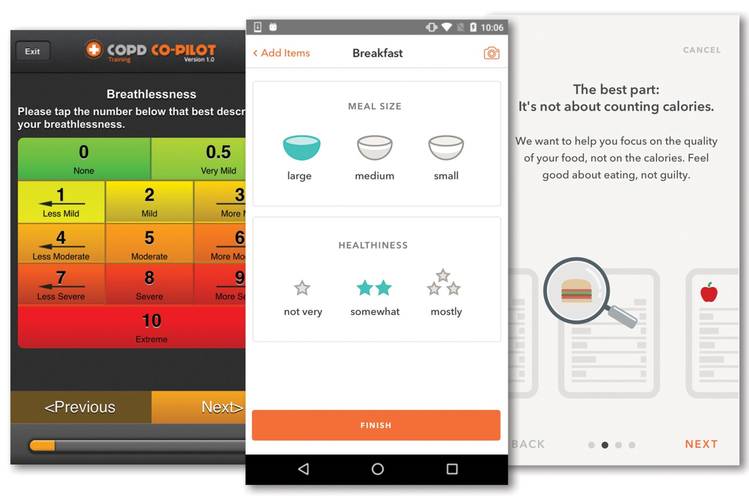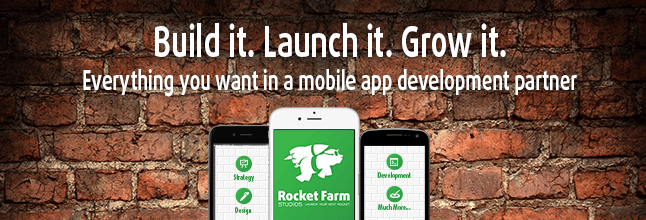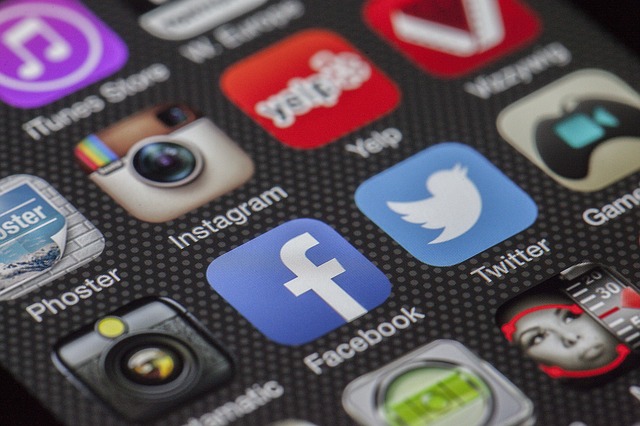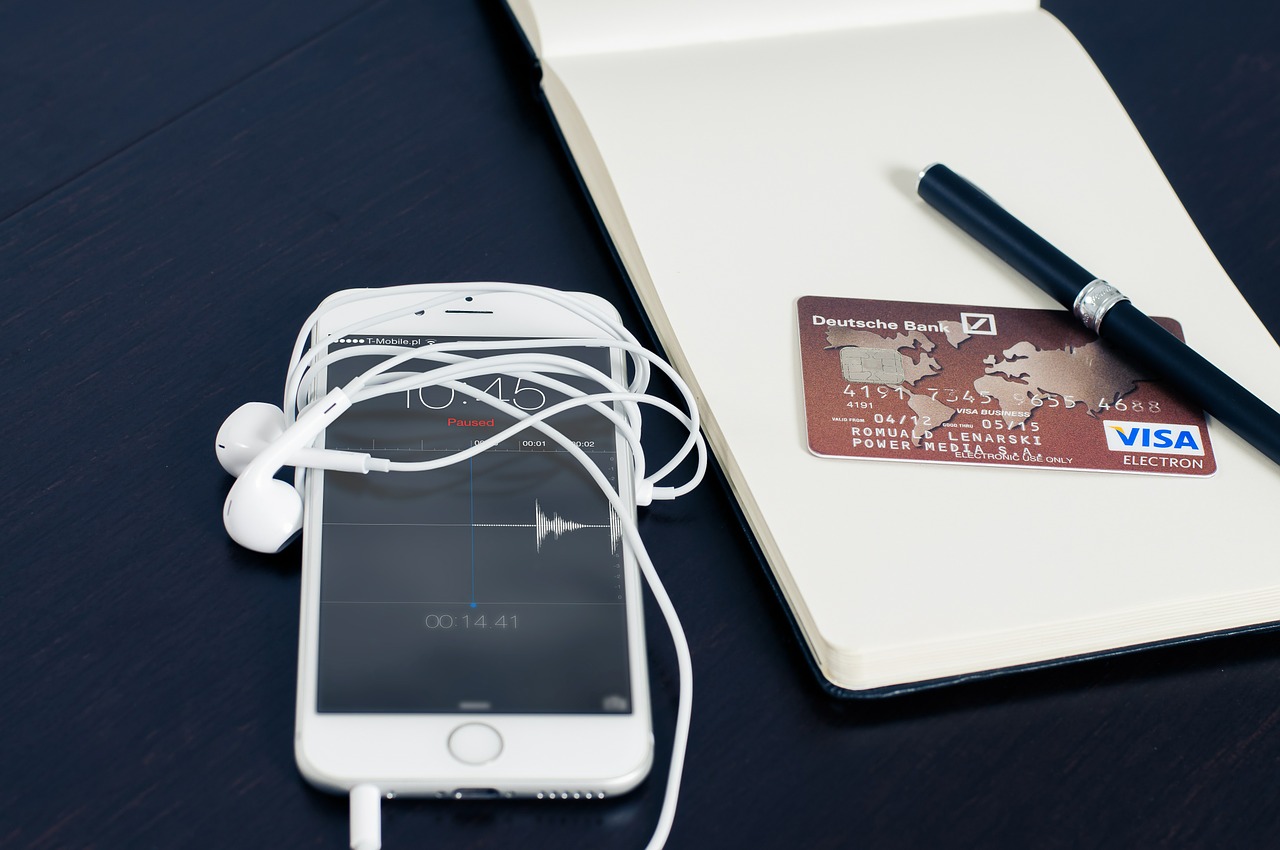Regular readers of our blog know that we’re fascinated by the way mobile devices and apps are shaping the future of healthcare. With powerful computers in everyone’s pocket, we should be expecting a slew of disruptive technology that may change how we administer care without physically stepping into a doctor’s office.
Lately, Apple has been making waves with their moves in this sector, and it’s gotten us very excited! Let’s take a look at how Apple is trying to bring healthcare into the mobile age.
The iPhone as Patient Profile
![]() If you’ve ever been to a doctor’s office, you know how cumbersome it is to pull medical records. Physical manila folders, faxes, and computers that look to be running early DOS seem to be the norm. Luckily, Apple’s working on a way to streamline this process so all your information is stored digitally and always ready on your mobile device. According to CNBC:
If you’ve ever been to a doctor’s office, you know how cumbersome it is to pull medical records. Physical manila folders, faxes, and computers that look to be running early DOS seem to be the norm. Luckily, Apple’s working on a way to streamline this process so all your information is stored digitally and always ready on your mobile device. According to CNBC:
…a secretive team within Apple’s growing health unit has been in talks with developers, hospitals and other industry groups about bringing clinical data, such as detailed lab results and allergy lists, to the iPhone, according to a half-dozen people familiar with the team. And from there, users could choose to share it with third parties, like hospitals and health developers.
Reportedly, Apple is in talks with all the right organizations to make this a reality including The Argonaut Project and The Carin Alliance, groups dedicated to promoting interoperability and health data-sharing. It’s a great sign to see Apple collaborating with established experts in this arena and lends more credence that the tech giant is taking this matter seriously.
Putting Money Where their Mouth Is
It’s one thing to talk the talk, but you can’t budge a gorilla like American healthcare an inch without investing heavily into the right research and people. Apple’s been doing just that. In 2016 Apple acquired Gliimpse, which seems to be the foundation of Apple’s play into aggregating personal medical data. When it was purchased, the platform already connected to over 5,000 hospitals, labs, and pharmacies in order to facilitate data exchange for patients. With Apple’s resources, that number could skyrocket.
Also, it was reported earlier this month that Apple hired Dr. Sumbul Desai, former executive director of Stanford Medicine’s center for digital health. She comes with a stellar pedigree in developing new digital tools, and seems to be a fantastic addition to Apple’s move into mobile healthcare. She’ll have plenty of brains to help develop her ideas too, as a cursory glance at Apple’s careers page reveals:

Pro tip: if you’re still in school and looking for a future-proof job, try a double major in programming and medicine. And while rumors of Apple buying athenahealth seems to be baseless, it’s hard to ignore that Apple is heavily investing into healthcare even apart from continuing to develop HealthKit, ResearchKit, and CareKit.
Finally, is it a coincidence that Apple’s former CEO John Sculley is now the head of RXAdvance, a data-driven cloud service aiming to reduce the cost of healthcare? …Yes. But still, interesting!
Better 3rd Party Healthcare Apps
The more Apple pushes the iPhone to be a sort of “hub of healthcare” for individuals, the more other app developers will see the potential of accessing these patients with creative and potentially life-saving ideas. The Wall Street Journal just published a fantastic article on how apps can help manage chronic disease. One app the article highlights is by Omada Health made for individuals with prediabetes that helps them manage lifestyle habits to stave off actual diabetes.

The app can even connect to an Apple Watch to transmit activity automatically, which is a good example of innovative 3rd party health apps that take full advantage of all the tech available in Apple’s ecosystem.
And it can’t be said enough: we’re talking about real stakes here. Chronic diseases account for 7 out of 10 deaths and 86% of US healthcare costs, according to the WSJ article. Making any dent in these statistics mean lives saved as well as American wallets.
High Hurdles to Healthcare Happiness
All of this is promising, but as many in our government are apparently discovering, healthcare isn’t easy. Trust and security are two huge hurdles to overcome to get audience buy-in. Can Apple keep patient data secure? Credit card numbers are one thing, but keeping your health information on iCloud seems like a disaster waiting to happen. Say what you want about manila folders, but those are a lot harder to steal en masse.
Also, Apple might want to make the world a better place, but it’s still a business looking to profit. If people feel “locked in” to Apple’s ecosystem (App Store, iTunes, iCloud, etc) now, imagine if you can’t port over your health information to any device outside of iPhones or iPads. “Sure Google’s new Android phone looks great, but all my medical records are on my iPhone.” That’s a tricky point to consider.
Hopefully, in a few years these worries will have been thoroughly addressed. Until then, let’s stay optimistic about the future of mobile healthcare and hope Apple can fix a very broken system.
What do you think about Apple’s foray into healthcare?






